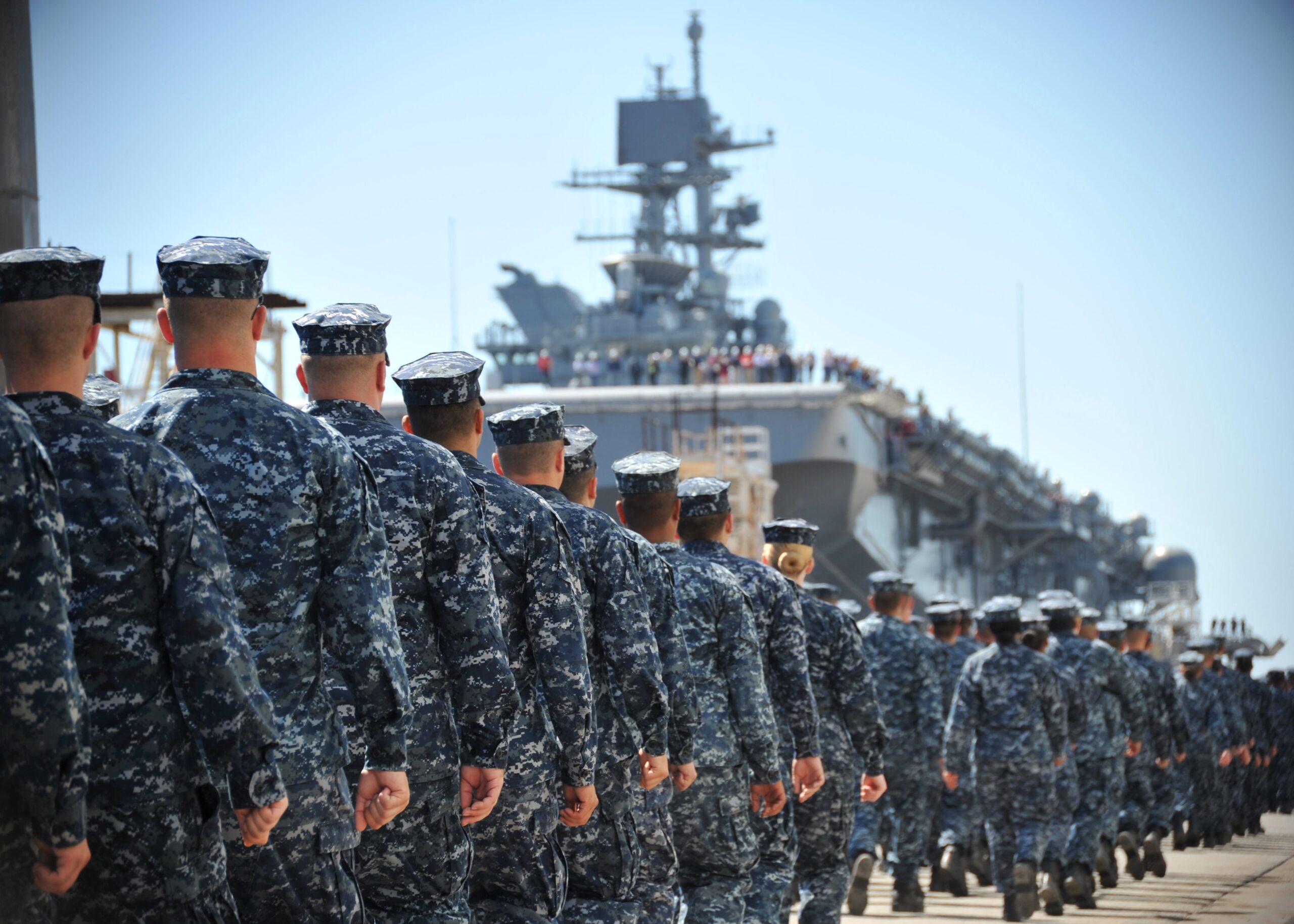The idea of using warfighters as crime fighters is finding favor in Washington, as the White House tees up the use of military force against cartels. However, using the U.S. military to police drug traffickers in Mexico or elsewhere in Latin America would be ineffective, lead to endless mission creep, and ultimately endanger the Trump administration’s other foreign policy goals.
While talk of deployments to counter cartels often focuses on Mexico, the U.S. has quietly been preparing to actually test this disastrous idea in Ecuador.
Ecuador has a major crime problem. The homicide rate has rocketed from one of the region’s lowest to the highest on the continent as gangs openly battle over control of cocaine shipments. Now, Ecuador is looking abroad for help.
President Daniel Noboa has loudly lobbied for American boots on the ground, stating he “would love to have U.S. forces helping” Ecuador in a “transnational war” against criminal organizations. Ecuador’s legislature recently voted to lift a nearly two-decade constitutional ban on foreign military bases, with a final popular referendum expected to ratify the change within a few months.
“The expectation is that these will be eventually occupied by U.S. troops,” an Ecuadorian official said of new barracks under construction in the coastal city of Manta.
Washington has tried this before—just next door to Ecuador, in fact—and the results were poor. Colombia received Special Forces trainers and over $10 billion to fight narcoterrorist organizations beginning in 1999. After two decades of effort, the net supply of cocaine destined for the United States actually increased.
American officials concluded that degrading the capabilities of such groups was a temporary victory at best. The lucrative drug demand simply invited new hydra heads to sprout.
Ecuador has already militarized the fight against gangs. Noboa has issued several emergency decrees and secured legislative reforms to deploy Ecuadorian military forces alongside police, with mixed results. His argument that simply “more soldiers” are required is the same as claiming that a failure to eat soup with a fork simply requires a bigger fork.
Ecuador suffers from weak institutions for administration of justice. Military force is the wrong tool for the job of strengthening investigative capacity and reforming riotous prison systems. The U.S. military’s multi-decade effort to combat drug production in Afghanistan failed to produce lasting reductions, but did provide this hard-earned lesson. Without “non-corrupt judicial and law enforcement institutions in place,” noted a special inspector general’s report, U.S. forces are just wasting their time.
After Afghanistan, President Donald Trump rightly stressed that “victory will have a clear definition” when U.S. troops are deployed. Yet Ecuador is already expanding the potential mission beyond drugs, with Noboa hoping U.S. troops will crack down on crimes ranging from unpermitted mining to illegal fishing.
Subscribe Today
Get daily emails in your inbox
Even if military force could displace criminal organizations from one geographic area or source of revenue, Washington would soon face an endlessly expanding mission as gangs seek refuge in another area or industry.
The costs of this misuse of U.S. troops are not only financial. Pressuring Beijing and Moscow to respect the sovereignty of Taiwan and Ukraine will be much harder if they can point to U.S. troops likewise “restoring law and order” in our “backyard,” especially if anti-cartel raids ever ignore the host country’s consent.
American military forces should be used only as conventional war fighters, not crime fighters. Using military forces to kinetically “solve” criminal organizations is ineffective, unstrategic and diplomatically fraught. The right answer to Ecuador’s request for U.S. troops is the same in both Spanish and English: no.
